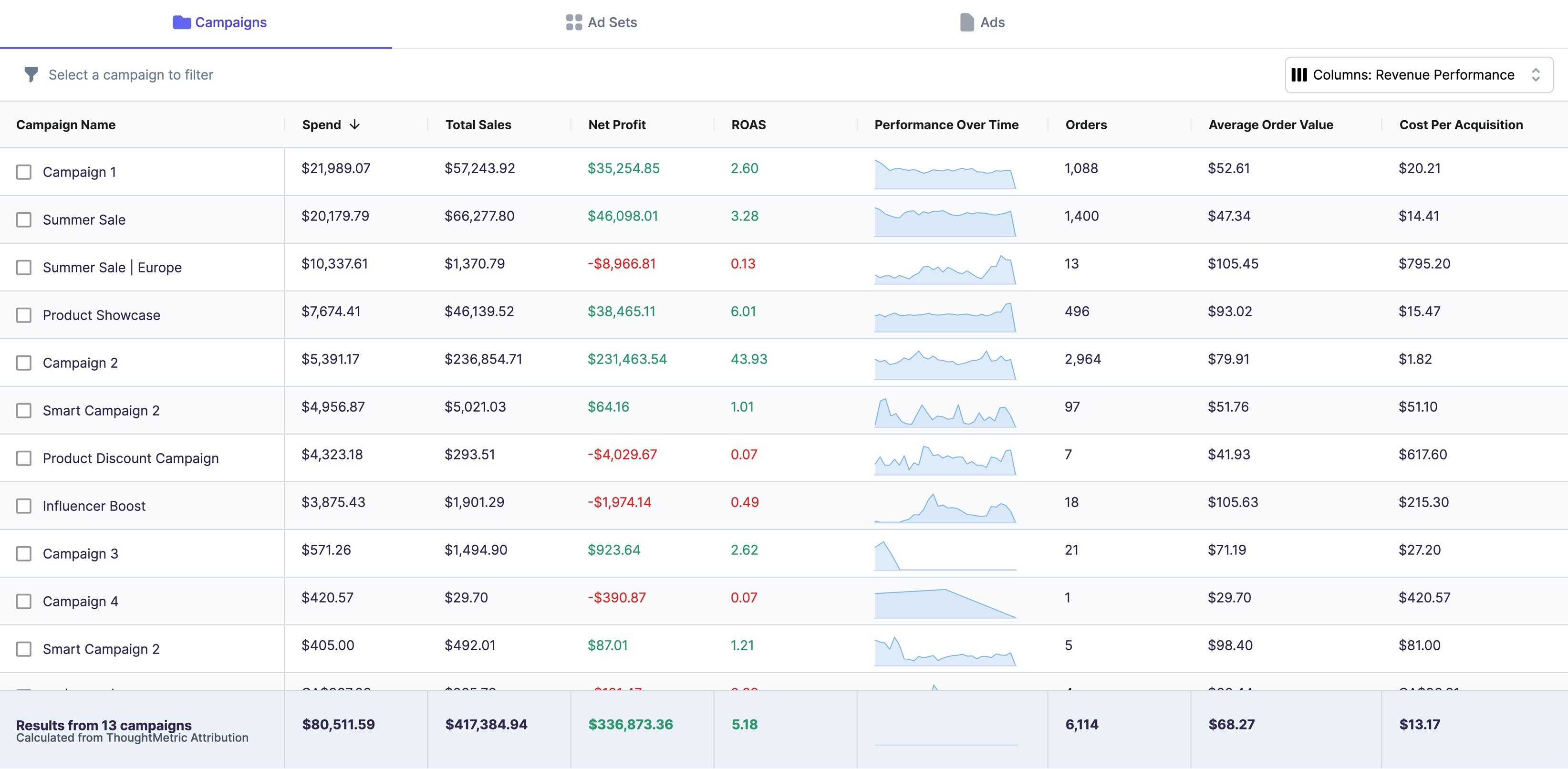If you're looking for a way to expand your customer base, offer lower transaction fees, and speed up payment processing for your Shopify store, it's time to consider accepting Bitcoin. In this article, we'll guide you through the process of accepting Bitcoin on Shopify, step-by-step.
Understanding the Benefits of Accepting Bitcoin on Shopify
Before we dive into the specifics of accepting Bitcoin on Shopify, it's important to understand the benefits of doing so.
Lower transaction fees
Bitcoin transactions typically have lower fees compared to traditional payment methods. By accepting Bitcoin, you can save on transaction fees and pass those savings on to your customers.
For small businesses, this can be especially beneficial. Every penny counts, and reducing transaction fees can help increase your profit margins and enable you to invest more in your business.
Faster payment processing
Bitcoin transactions are processed faster than credit card payments, which can take days to clear. With Bitcoin, payments are processed in real-time, meaning you'll receive your funds almost instantly.
This can be incredibly useful for businesses that need to manage their cash flow. With traditional payment methods, you may have to wait several days or even weeks to receive your funds. With Bitcoin, you can receive your funds almost immediately, giving you more control over your finances.
Attracting a wider customer base
As Bitcoin continues to gain mainstream acceptance, more and more consumers are beginning to use it as a form of payment. By accepting Bitcoin, you can attract new customers who may not have otherwise discovered your store.
Additionally, accepting Bitcoin can help you reach customers who prefer to use digital currencies for their purchases. These customers may be more tech-savvy and may be more likely to shop online than customers who prefer traditional payment methods.
Enhanced security and privacy
Bitcoin offers enhanced security and privacy compared to traditional payment methods. With Bitcoin, transactions are pseudo-anonymous, meaning that personal information is kept private. Additionally, Bitcoin transactions are irreversible, meaning that chargebacks are not possible.
This can be a huge advantage for businesses that have experienced chargebacks in the past. Chargebacks can be costly and time-consuming, and can negatively impact your cash flow. With Bitcoin, you can avoid the risk of chargebacks altogether.
Furthermore, Bitcoin's decentralized nature means that it is not subject to the same regulations as traditional payment methods. This can be beneficial for businesses that operate in industries that are heavily regulated, such as the cannabis industry.
Overall, accepting Bitcoin on Shopify can be a smart move for businesses that want to reduce transaction fees, speed up payment processing, attract new customers, and enhance security and privacy. By offering Bitcoin as a payment option, you can stay ahead of the curve and position your business for long-term success.
Setting Up a Bitcoin Wallet for Your Shopify Store
The world of e-commerce is constantly evolving and with the rise of cryptocurrencies, it's important for online businesses to stay up-to-date with the latest payment methods. One of the most popular cryptocurrencies is Bitcoin, and accepting Bitcoin payments on your Shopify store can help you reach a wider audience and increase your sales. However, before you can start accepting Bitcoin payments, you need to set up a Bitcoin wallet.
Choosing the right Bitcoin wallet
Choosing the right Bitcoin wallet is crucial to the success of your online business. There are many different Bitcoin wallets available, each with its own unique features and benefits. Some wallets are designed for beginners and offer a simple and user-friendly interface, while others are more advanced and offer greater security and customization options. It's important to consider factors such as security, ease-of-use, and storage options when choosing a Bitcoin wallet.
Creating and securing your wallet
Once you've chosen a Bitcoin wallet, the next step is to create and secure your wallet. This typically involves creating a strong password and storing your wallet's private key in a secure location. It's important to remember that if you lose your private key, you will lose access to your Bitcoin wallet and all of the funds stored within it. Therefore, it's essential to keep your private key safe and secure.
One way to secure your Bitcoin wallet is to use a hardware wallet, which is a physical device that stores your private keys offline. This provides an extra layer of security and protection against hackers and other malicious actors.
Generating a wallet address
After you've created and secured your wallet, you'll need to generate a wallet address. A wallet address is a unique identifier that allows others to send Bitcoin to your wallet. This address can be generated within your Bitcoin wallet and can be shared with customers who wish to pay using Bitcoin.
It's important to note that Bitcoin transactions are irreversible, so it's essential to double-check the wallet address before sending or receiving any payments. Additionally, it's recommended to use a new wallet address for each transaction to maximize privacy and security.
In conclusion, setting up a Bitcoin wallet is an essential step in accepting Bitcoin payments on your Shopify store. By choosing the right wallet, securing your private key, and generating a wallet address, you can ensure a smooth and secure transaction process for both you and your customers.
Integrating a Bitcoin Payment Gateway on Shopify
Now that you have a Bitcoin wallet set up, the next step is to integrate a Bitcoin payment gateway on Shopify. This will enable your customers to pay for their purchases using Bitcoin, a decentralized digital currency that offers fast and secure transactions.
Bitcoin has gained popularity in recent years as a payment method due to its low transaction fees and its ability to bypass traditional banking systems. By accepting Bitcoin payments on your Shopify store, you can tap into this growing market and offer your customers an alternative payment option.
Selecting a compatible payment gateway
There are many different Bitcoin payment gateways available, each with its own unique features and benefits. When choosing a payment gateway, it's important to consider factors such as transaction fees, ease-of-use, and customer support.
Some popular Bitcoin payment gateways include BitPay, Coinbase Commerce, and GoCoin. BitPay offers low transaction fees and easy integration with Shopify, while Coinbase Commerce offers a user-friendly interface and strong security features. GoCoin supports multiple cryptocurrencies in addition to Bitcoin, making it a good choice if you plan to accept other digital currencies in the future.
Configuring the payment gateway settings
After you've selected a payment gateway, you'll need to configure its settings to work with your Shopify store. This typically involves entering your wallet address and setting up payment notifications.
Most Bitcoin payment gateways provide detailed instructions on how to configure their settings, and many offer customer support to help you through the process. It's important to follow these instructions carefully to ensure that your payment gateway is set up correctly and that your customers can make Bitcoin payments without any issues.
Testing the Bitcoin payment process
Before launching your Shopify store with Bitcoin payments enabled, it's important to test the payment process to ensure that everything is working properly. This typically involves making a test purchase and ensuring that the payment is processed and received successfully.
You can use a testnet or a sandbox environment to simulate a Bitcoin payment and ensure that your payment gateway is functioning correctly. It's also a good idea to test the payment process on different devices and browsers to ensure that it works seamlessly for all of your customers.
By following these steps and integrating a Bitcoin payment gateway on your Shopify store, you can offer your customers a fast, secure, and convenient payment option that can help increase sales and grow your business.
Managing Bitcoin Transactions and Conversions
Now that you're accepting Bitcoin on Shopify, it's important to understand how to manage Bitcoin transactions and conversions.
Tracking and confirming transactions
Bitcoin transactions are recorded on a public ledger. To track and confirm transactions, you can use a blockchain explorer to view transaction details and confirmations.
Converting Bitcoin to your local currency
If you prefer to receive payments in your local currency, you can use a Bitcoin exchange to convert Bitcoin to your desired currency. This typically involves withdrawing Bitcoin from your wallet and selling it on an exchange.
Handling refunds and chargebacks
Due to the irreversible nature of Bitcoin transactions, refunds and chargebacks are not possible. It's important to communicate this to your customers and provide clear policies for refunds and returns.
Conclusion
Accepting Bitcoin on Shopify can offer many benefits for your online store, including lower transaction fees, faster payment processing, and enhanced security and privacy. By following the steps outlined in this guide, you can start accepting Bitcoin on Shopify and tap into a new customer base that's eager to shop with cryptocurrency.

